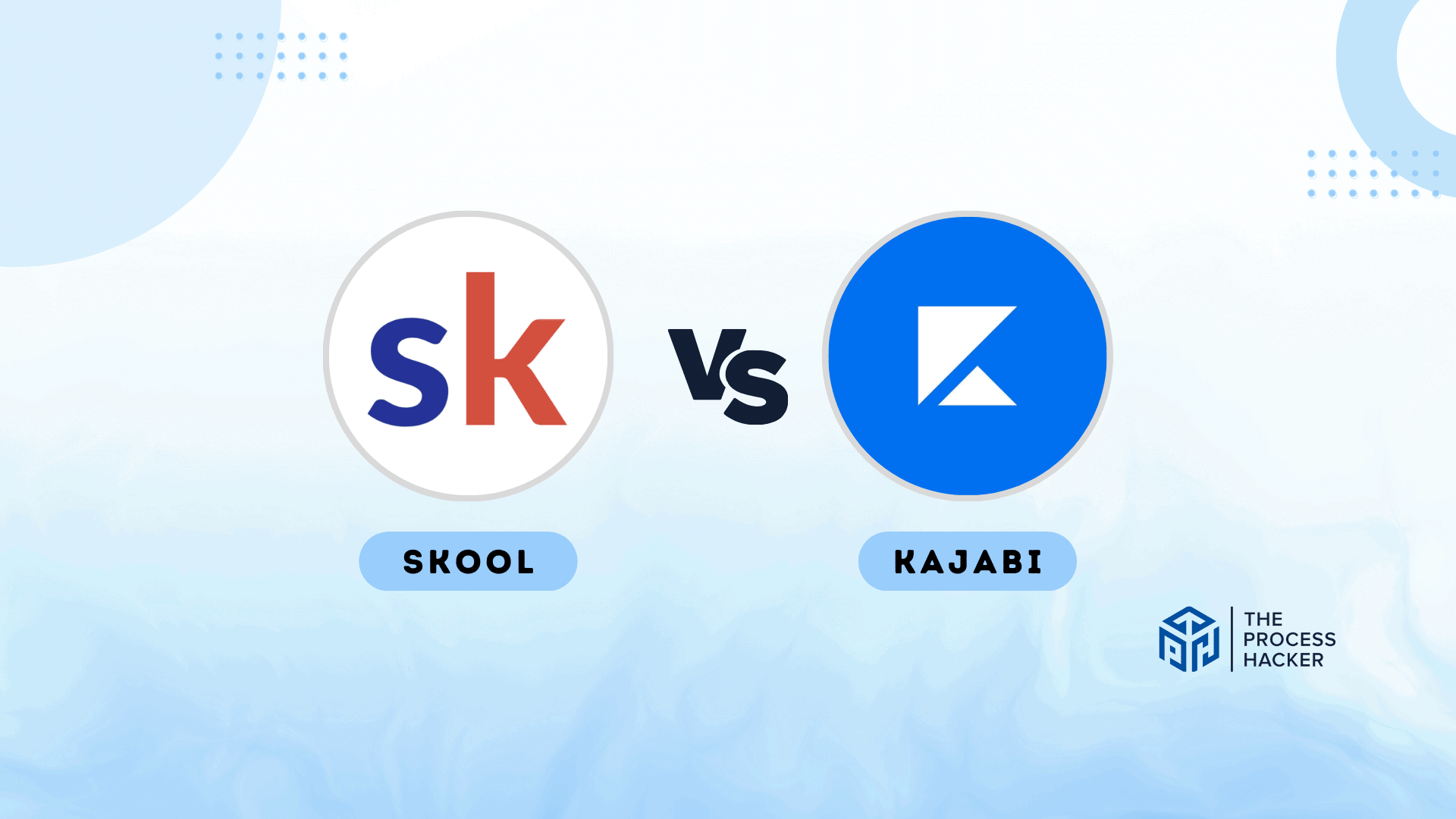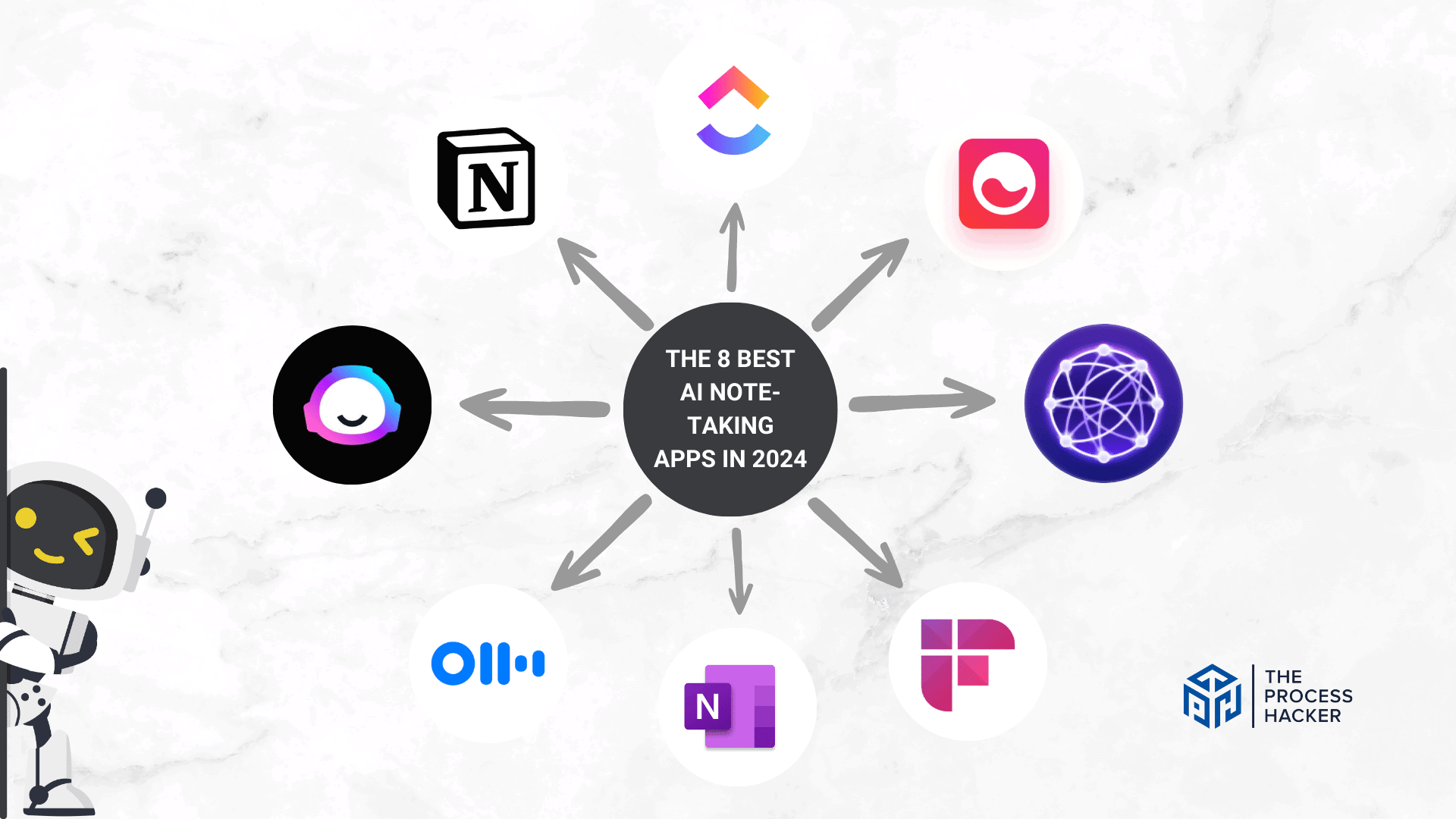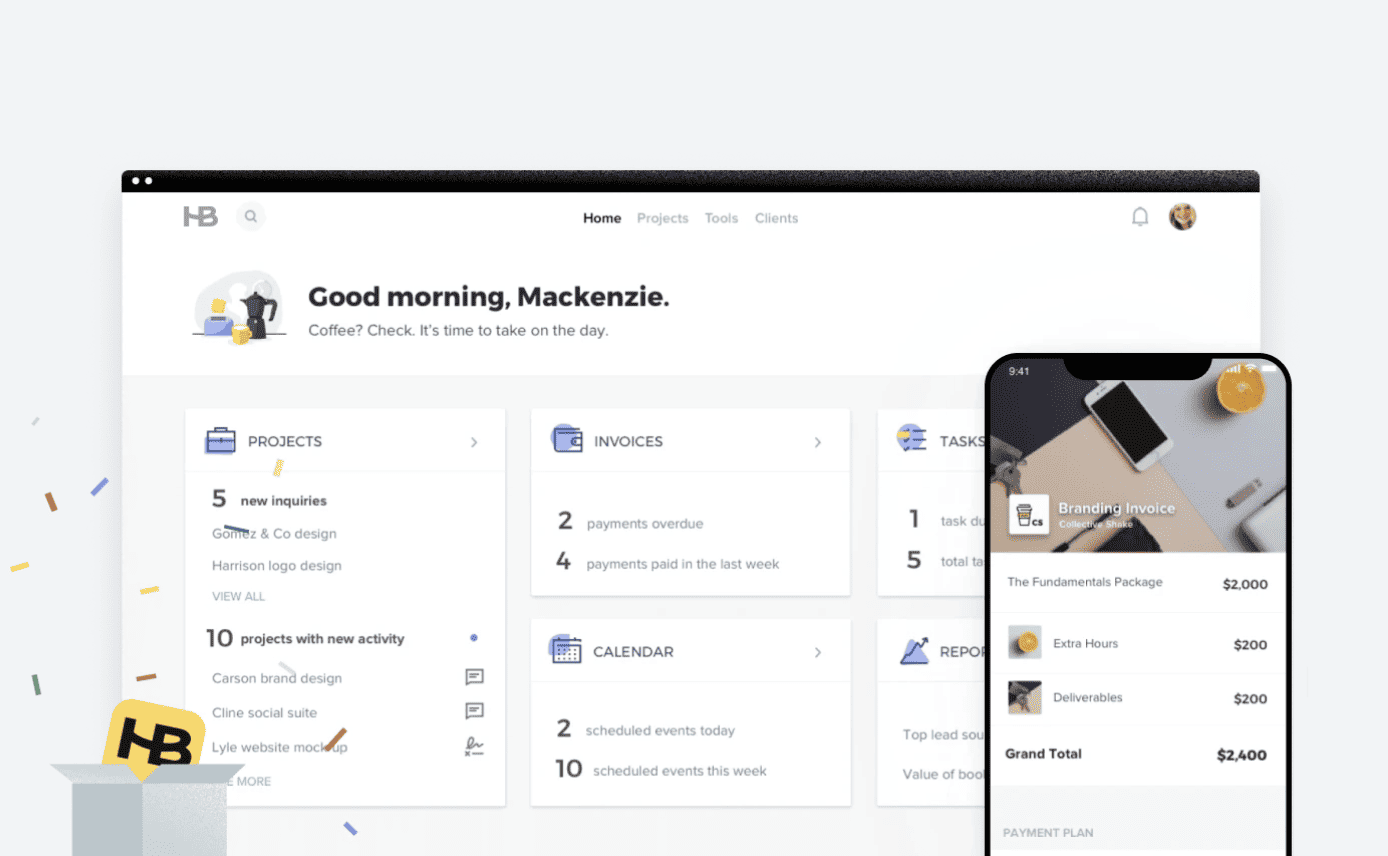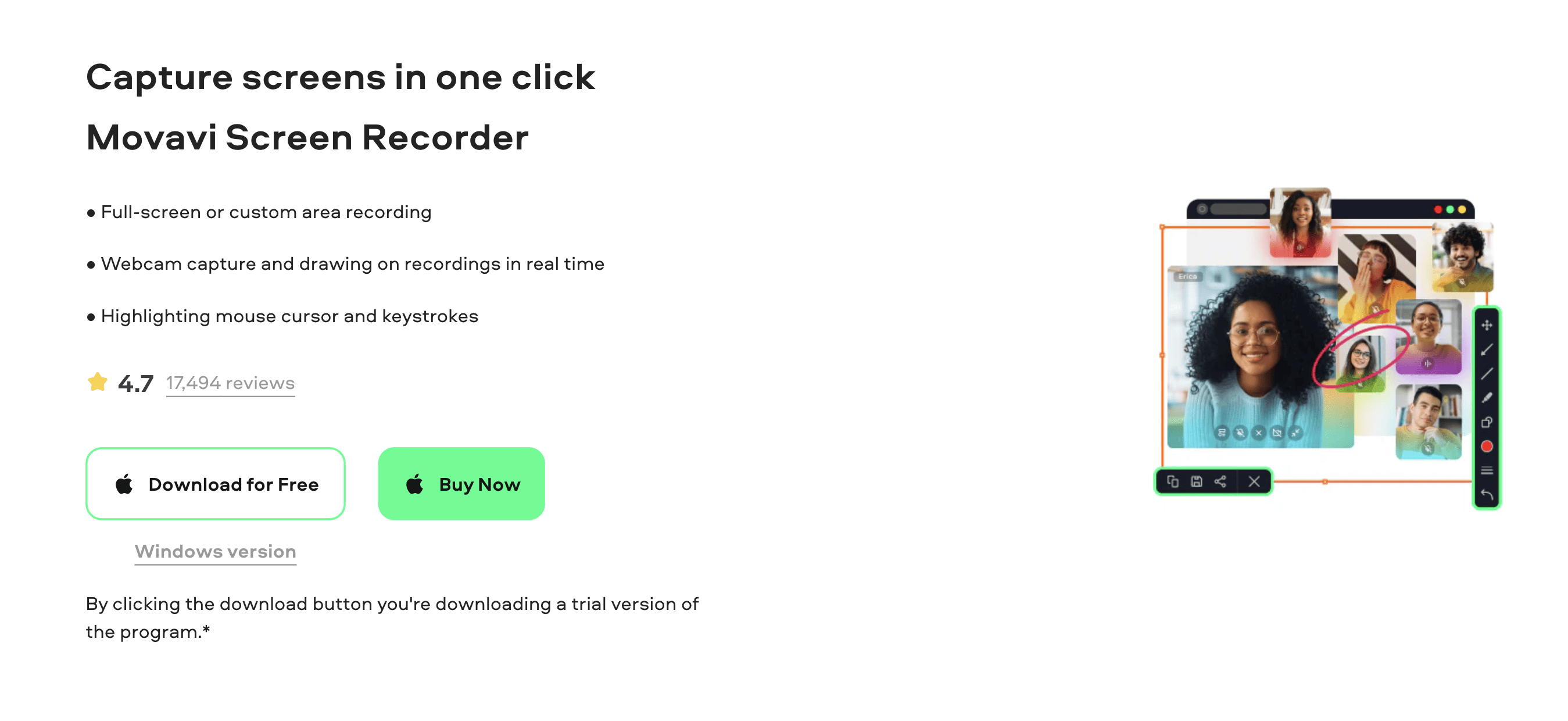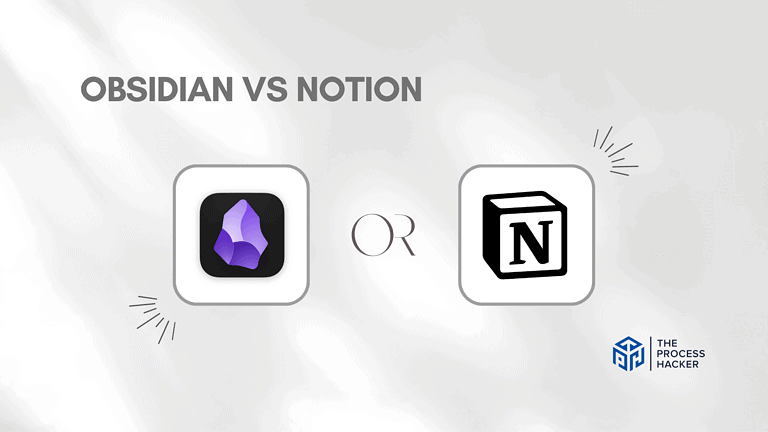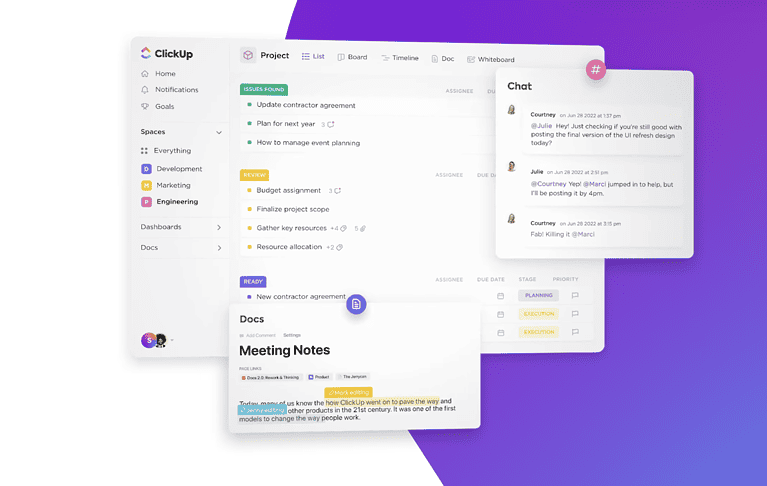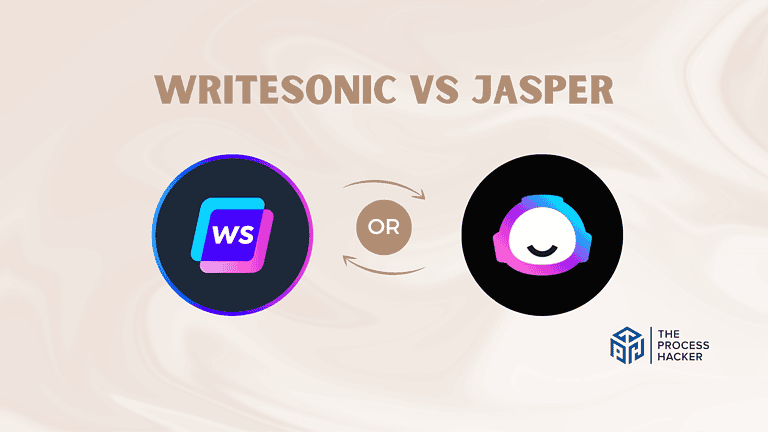Skool vs Kajabi: Which Online Course Platform is Better to Sell Online Courses?
In the bustling world of digital education, the quest for the perfect platform to create online courses has many educators and entrepreneurs at a crossroads.
The allure of creating and selling online courses has never been more incredible, but with so many platforms vying for attention, making the right choice is crucial for success. This blog delves into pivotal aspects that can make or break your digital course’s marketability — from the sleekness of user interfaces to the intricacies of pricing models.
If you purchase through our partner links, we get paid for the referral at no additional cost to you! For more information, visit my disclosure page.
We’ll explore how Skool and Kajabi keep your community engaged and which offers your content the chance to shine brightest. With a magnifying glass on marketing tools and real-world success stories, prepare for a comparison that doesn’t just scratch the surface but digs deep into the user experience.
Whether you’re an established course creator or just starting to transfer your knowledge to the digital realm, this blog post will help you choose the right platform for your online courses and community.
Let the Skool vs Kajabi showdown begin!
Brief Overview: Skool vs Kajabi
First, I’ll give you a quick overview of Skool and Kajabi:
Skool
Skool is designed to enhance online learning through community building and engagement. This platform creates an interactive learning environment, emphasizing student collaboration and networking to foster a more connected and engaging educational experience.
Key Selling Points:
- Community-centered programs and approach to learning
- Interactive features to boost engagement
- Other tools for real-time communication and collaboration
- Analytics to track student progress and engagement
- Simple and intuitive interface for easy course creation and management
Kajabi
Kajabi is an all-in-one platform that offers robust tools for creating, marketing, and selling online courses. It caters to entrepreneurs and businesses looking to scale their online education offerings, providing comprehensive solutions for course creation, email marketing, and website building.
Key Selling Points:
- Comprehensive tools for course creation and management
- Integrated marketing features to promote courses
- Customizable website and landing page builder
- Advanced analytics for sales and student performance
- Excellent customer support and community resources
Quick Verdict: Skool vs Kajabi
This platform stands out by deeply integrating social learning environments, where engagement and interaction are not just encouraged but foundational.
Skool thrives on its community-centric model, providing tools that facilitate real-time discussions, group collaborations, and networking opportunities. This approach not only enhances the learning experience but also boosts course completion rates by fostering a sense of belonging and mutual support among learners.
With features designed to keep participants connected and engaged, Skool proves that learning online doesn’t have to be an isolating journey.
This platform excels in offering a comprehensive suite for course creation, marketing, and sales, all under one roof. For those who seek to build, market, and sell their online courses with minimal hassle, Kajabi provides an unmatched solution.
It combines course creation with powerful marketing tools like email campaigns, automation, and customizable landing pages. Kajabi’s all-in-one approach simplifies the tech stack required to run an online course business, making it possible to manage everything from content to customer relations in one place.
Product Overview: Skool vs Kajabi

What is it?
Skool is an online learning platform designed around the concept of community and engagement. It focuses on making education interactive and social, providing a space where educators and learners can connect, collaborate, and communicate effectively.
Kajabi is an all-in-one online course platform that provides tools for course creation, marketing, and sales. It caters to entrepreneurs and businesses seeking to create, market, and sell their courses through a single platform.
Who is it for?
Skool best suits educators and course creators, prioritizing community building and interactive learning. It’s ideal for those who believe in the power of collaboration and engagement to enhance the educational experience.
Kajabi is designed for entrepreneurs, small businesses, and course creators who need a comprehensive solution for building, marketing, and selling their online courses. It’s perfect for those looking to streamline their operations and scale their business.
What makes it special?
Skool sets itself apart with its community-centric approach. Unlike traditional platforms that focus solely on content delivery, Skool emphasizes the importance of interaction and engagement, making it a unique space for collaborative learning.
Kajabi stands out due to its all-in-one functionality. It’s not just a course platform; it’s a powerful tool for email marketing, web design, and sales funnels, offering a seamless experience for creators to manage and grow their online course business.
What does it do?
Skool provides tools for creating interactive courses, facilitating discussions, and building a community. Features include forums, messaging, and collaborative spaces, all designed to enhance the learning experience through social engagement.
Kajabi offers a range of features, including course creation tools, email marketing automation, customizable landing pages, and analytics. It simplifies the process of selling courses by providing everything needed to build, market, and sell, all in one place.
Quick Comparison: Skool vs Kajabi
| Key Features | Skool | Kajabi |
|---|---|---|
| #1) Pricing | Winner | |
| #2) Free Trial | Tie | Tie |
| #3) Design & Functionality | Winner | |
| #4) Customizable Course Design | Winner | |
| #5) Content Hosting | Winner | |
| #6) Analytics and Reporting | Tie | Tie |
| #7) Social Networking Style Interface | Winner | |
| #8) Customizable Websites and Landing Pages | Winner | |
| Overall | Winner |
Feature Comparison: Skool vs Kajabi
Let’s compare the features of these online course platforms so you can make the right decision for you and your business.
#1) Pricing
Skool’s approach to pricing is clear and concise. At $99 per month, you receive a comprehensive package that covers all your needs. This includes unlimited courses, groups, and access to the Skool community. The transparency and simplicity of this model make it easy to budget for and understand what you’re getting without any surprises.
Kajabi, on the other hand, starts at $149 for its basic plan, aimed at getting your business off the ground. As your needs grow, so does the pricing, with Growth and Pro Plans designed to expand your audience and scale your business. These plans come with additional features but also a higher cost, catering to different stages of business growth.
Skool offers a more budget-friendly and straightforward option when comparing the pricing structures. With a single, all-inclusive plan, you know exactly what you’re paying for without the need to upgrade for more features.
This makes Skool more accessible for those who prefer a simple, one-size-fits-all solution. In contrast, Kajabi’s tiered pricing caters to businesses at various stages, offering more scalability but a higher starting cost.
Verdict: Skool presents a more attractive option for pricing with its lower cost and all-inclusive package, making it ideal for those who appreciate simplicity and transparency in pricing.
#2) Free Trial
Skool lets you dip your toes into its features with a 14-day free trial. This trial period allows you to explore the platform’s community-centric approach and interactive tools. After the trial, if you choose to continue, there’s a straightforward pricing structure, accompanied by a modest 2.9% transaction fee on courses sold.
Kajabi also offers a 14-day trial across all its paid plans. This period lets you test the waters of its comprehensive suite, from course creation to marketing tools. The trial is a glimpse into Kajabi’s all-in-one solution for online course entrepreneurs, giving you a taste of its extensive features.
Deciding which product offers a better free plan depends on what you want in a trial experience. Skool’s trial is excellent for experiencing the community and engagement aspects, while Kajabi’s trial previews its vast business tools and functionalities.
Verdict: For the free plan, it’s a tie. Both Skool and Kajabi provide valuable trial experiences, each focusing on different strengths. Your choice should align with your specific needs—Skool’s community engagement or Kajabi’s business tools.
#3) Design & Functionality
Skool is a community and course-hosting platform with a clean, intuitive design that makes creating, managing, and selling courses a breeze. The platform focuses on community building, placing it at the center of its design. This promotes a more engaging learning environment, increasing student retention rates.
On the other hand, Kajabi provides a comprehensive suite of tools designed for selling various digital products. Its robust and flexible design allows you to customize your course and website to suit your brand. However, its many features can feel overwhelming if you’re new to online course creation.
In terms of design and functionality, Skool takes the lead. Its focus on community building and ease of use makes it an excellent choice if you’re looking to create an engaging and interactive learning environment. Kajabi, while powerful, is better suited for those with more experience in online course creation.
Verdict: For design and functionality, Skool is the better choice.
#4) Customizable Course Design
Skool’s approach to course design revolves around community building. This platform allows you to create a personalized learning environment that hosts your courses and fosters interaction and engagement among learners. Although the customization options might not be as extensive as other platforms, they are sufficient for creating a distinct look and feel for your courses and community.
Kajabi, on the other hand, offers a more robust suite of customization tools. Everything can be tailored to match your brand, from the layout of your course to the design of your website and marketing materials, including both audio and video content. This flexibility makes Kajabi a powerful tool for those who want total control over their online presence.
When it comes to customizable course design, Kajabi takes the upper hand. It provides a wider range of customization options, enabling you to align every aspect of your course and online presence with your brand. Skool is an excellent option for prioritizing community building over complete design control.
Verdict: For customizable course design, Kajabi is the better choice.
#5) Content Hosting
Skool offers a straightforward content hosting experience. It allows for the upload and organization of a variety of educational content, such as video hosting, text, and downloadable materials. Its strength lies in the seamless way this content integrates into the platform’s community-driven environment, making it easily accessible and conducive to fostering discussion and collaboration.
Kajabi, meanwhile, provides a more expansive content hosting platform. It supports basic course materials and a broader range of content types like podcasts and webinars. This is integrated with Kajabi’s marketing and sales tools, making it a versatile choice for those who look to use their content as a key part of their marketing strategy.
Consider your primary aim when determining which platform excels in content hosting. If you need a platform where content hosting is closely tied to building a community and enhancing engagement, Skool is the top pick. However, if your focus is on leveraging content for broader business purposes, including marketing and sales, then Kajabi offers a more comprehensive solution.
Verdict: For content hosting, Skool stands out for integrating educational content into a community-focused learning environment. It is an excellent choice for those who value engagement and interaction in their courses.
#6) Analytics and Reporting
Skool provides analytics focused on engagement and community interaction. These insights allow you to monitor learners’ engagement within the community and with the course material. This feature is handy for understanding and enhancing the collaborative aspects of your courses.
Kajabi, on the other hand, offers a more comprehensive set of analytics and reporting tools. These tools track learner engagement and delve into sales, marketing effectiveness, and customer behaviors. This wide range of analytics is invaluable for optimizing their online course business, from content delivery to marketing and sales strategies.
In choosing which platform offers better analytics and reporting, your focus is key. If your primary concern is understanding and improving learner engagement and community dynamics, Skool’s analytics are perfectly tailored to your needs. However, if you require a broader view that encompasses business performance metrics and educational insights, then Kajabi’s extensive analytics capabilities are more suited to your requirements.
Verdict: The choice of analytics and reporting depends on your specific goals. Skool is ideal for those focused on community engagement and learner interaction. At the same time, Kajabi caters to those who need a comprehensive view of their course’s performance in both educational and business terms.
#7) Social Networking Style Interface
Skool truly shines with its social networking-style interface. This design choice fosters a sense of community and makes the platform intuitive, especially if you’re familiar with social media. The layout encourages interaction, making it easier for learners to engage with each other and the course material in a more relaxed and familiar environment.
While not primarily designed as a social networking platform, Kajabi offers a sleek and professional interface that facilitates straightforward course navigation and management. It’s more focused on providing a comprehensive business tool, integrating course creation with marketing and sales functions rather than mimicking a social media environment.
Regarding a social networking style interface, Skool is the clear winner. Its design caters to those who prioritize a community-centric learning experience, making it an ideal choice if you’re looking to create courses and an engaging and interactive learning environment. Kajabi, while strong in other areas, doesn’t emphasize social networking as much.
Verdict: For a social networking style interface, Skool stands out. Its approach to mimicking social media platforms makes for a more engaging and community-focused experience, resonating well with learners who thrive in interactive environments.
#8) Customizable Websites and Landing Pages
Skool focuses more on the internal features of course creation and community engagement rather than on the external website and landing page customization. While it offers some basic customization options, its strength lies in the community-centric and advanced features and the user interface within the platform itself rather than in external marketing tools.
Kajabi, on the other hand, excels in offering extensive customizable options for websites and unlimited landing pages. Its platform is designed for course creation, marketing, and sales, allowing you to create professional-looking, customizable websites and landing pages that align with your branding. This feature particularly benefits those who want to integrate their course platform seamlessly with their marketing and sales strategy.
Kajabi stands out when deciding which platform offers better customization for websites and landing pages. Its focus on providing a comprehensive business solution includes powerful tools for creating customized, professional web presences. While effective for its community-building and course delivery, Skool does not prioritize external website and landing page customization to the same extent.
Verdict: For customizable websites and landing pages, Kajabi is better. Its capabilities in this area are ideal for those with a robust online presence, with seamlessly integrated marketing and sales functions alongside their course offerings.
Final Thoughts on Skool vs Kajabi
After thoroughly researching and exploring both Skool and Kajabi, it’s evident that each platform caters to distinct needs and preferences!
With its strong focus on community and engagement, Skool is a fantastic choice if fostering a vibrant, interactive learning environment is at the top of your list. Its social networking-style interface makes it particularly appealing for creating an immersive and collaborative educational experience.
Kajabi, in contrast, is a powerhouse for entrepreneurs and businesses seeking an all-in-one solution for course creation, marketing, and sales. Its strengths lie in comprehensive content hosting, customizable websites, and extensive analytics, making it ideal for scaling an online course business.
However, if you want to create a more connected and engaged learning community, Skool is the winner!
My experience has shown that the level of engagement and interaction it fosters dramatically enhances the learning experience, making it not just educational but also deeply enriching. Skool’s intuitive design and focus on community building are key for those who want to create not just courses but also a thriving learning community.
So, if you want to create an engaging and interactive online learning environment, go for Skool!
It will transform your approach to online education, emphasizing not just content delivery but meaningful connections and collaborative learning.

